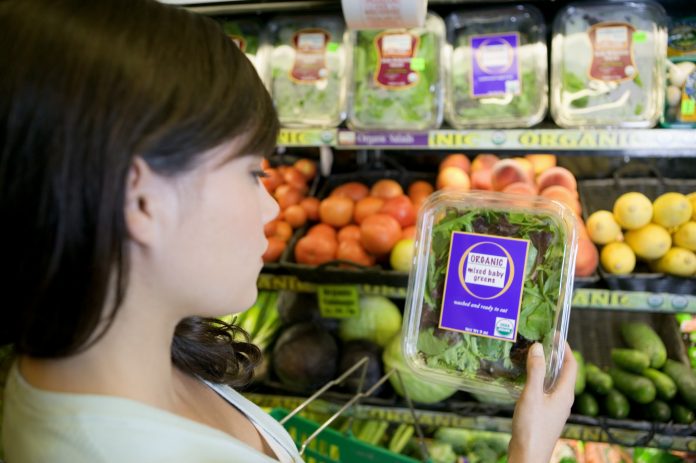With consumers everywhere striving to maintain health-conscious, organic and environmentally friendly diets, it’s no surprise that processed foods boasting a “natural” label are gaining attention—but just how “natural” are these foods, really?
According to a recent survey by Consumer Reports, two-thirds of health-conscious shoppers are now choosing to purchase these sorts of goods. However, they are doing so with the assumption that these fares are free of artificial ingredients and colours, toxic pesticides, and genetically modified organisms (GMOs).
Ali Ramadan, a homeopath and co-owner of supplement distributor GNA Naturals, notes that unless companies can verify these claims, the term “natural” is nothing more than “a marketing tool.” Currently, neither Health Canada nor the Food and Drug Administration (FDA) have official definitions or regulations when it comes to packaged foods bearing a “natural” label.
“From a food science perspective, it is difficult to define a food product that is ‘natural’ because the food has probably been processed and is no longer the product of the earth,” says the FDA on its website. The agency adds that it doesn’t object to the term’s use if a food “does not contain added colour, artificial flavors, or synthetic substances.”
This lack of definition has sparked recent debate in the U.S. After receiving three citizen petitions to define “natural” or ban its use entirely, the FDA has put out a request for comments on the situation. Until May 10, consumers may offer their thoughts to the organization on how to properly delineate the term.
In January, The Organic & Natural Health Association also abandoned its plans to create a certified “natural” seal, citing a “conflict of interest with an inherent legal risk” in “[defining] the standards for natural.” However, Karen Howard, CEO of the association, notes that there is still a strong need for the industry to clearly outline the phrase.
Ramadan adds that this overwhelming lack of clarity also makes it difficult for retailers to tell the difference between “good” and “bad” products.
As a result, he says, vendors should focus on purchasing non-GMO vitamins instead of supplements labelled as “natural”—companies are required to verify that their products are non-GMO. In fact, Health Canada does a safety assessment on all genetically modified foods proposed for sale nation-wide, demanding that organizations submit detailed scientific data for review and approval before their products can be sold.
Despite all of this, the “natural” label is still extremely appealing for consumers. As it happens, 87 per cent of those surveyed by Consumer Reports admitted that they would even pay more for “natural” foods—if they met their expectations. Nonetheless, retailers must consider the controversy surrounding these products before they stock their shelves with them.







